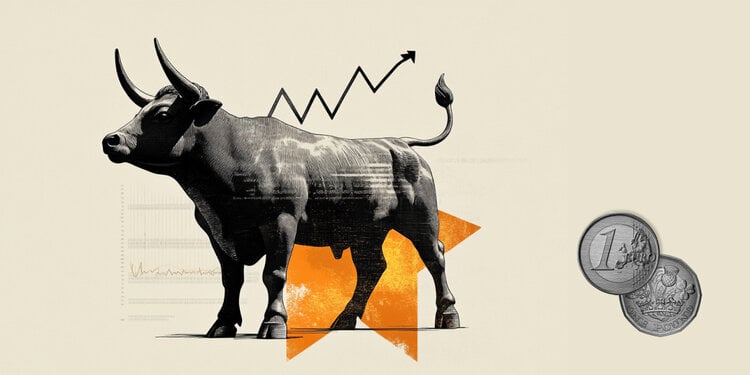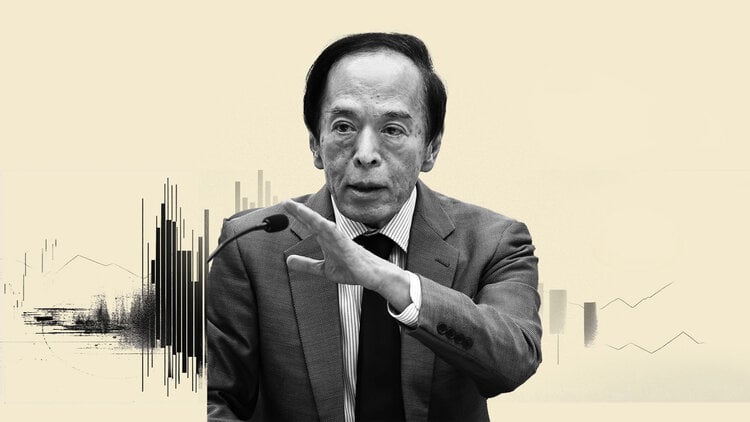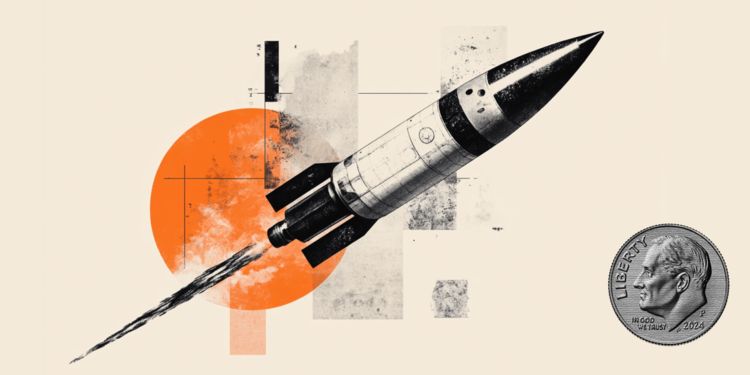The main European stock markets recorded gains for the third consecutive day, erasing their initial losses, with the volatility making its presence felt even today.
Investors are trying to assess how the Federal Reserve’s shift to a tighter monetary policy to tackle rising inflation will affect markets and the global economy.
Yesterday, the US Federal Reserve kept its interest rates unchanged, confirming analysts’ estimates that it will wait until March to raise its interest rates from their historic lows.
Federal Reserve Chairman Jerome Powell also confirmed the bank’s plans to end bond purchases along with raising interest rates and then shrinking its balance sheet. The strict language used by the Fed chairman in yesterday’s press conference led many analysts to revise the estimates upwards the number of increases that the central bank will make this year as part of its effort to curb inflation.
At the same time, investors welcomed the data on US GDP, which during the period October – December grew at an annual rate of 6.9%. Economists in a Dow Jones poll expected lower growth, at 5.5%. However, the US economy grew faster than expected in the fourth quarter, as consumer spending rose and businesses had stocks to meet demand.
Back in Europe, the investment climate today boosted a new barrage of corporate results. Particularly, Deutsche Bank announced that quarterly net profit and revenue increased and were higher than estimated, as the bank announced that it has now assumed all the costs related to its restructuring. The German bank announced that after-tax profits rose sharply to 315 million euros from 189 million euros in the last quarter of 2020. Its share climbed by 4.4% in today’s session.
The German IT company SAP announced revenue growth in the fourth quarter, as cloud activities continued to grow, confirming preliminary data from the beginning of the month. However, its share plunged almost 6% in the wake of its announcement that it had reached an agreement to acquire a majority stake in the American company Taulia.
Encouraging for the investment psychology was the announcement of the Russian government that there is room to continue the dialogue with the US on the issue of Ukraine. The Kremlin, however, made it clear that its key demands were not taken into account by Washington.
In this climate, the pan-European index Stoxx 600 gained 0.65% to 470.33 points. Utilities led profit by up 2%, while the travel industry fell by 1.6%.
In the individual dashboards, the German index ΔΑΧ rose 0.42% to 15,524.27 points, the French CAC 40 gained 0.6% to 7,023.80 points, while the British FTSE 100 added 1.13% to 7,554.31 points.
In the periphery, the Italian FTSE MIB strengthened by 0.99% to 26,882.47 points, while the Spanish IBEX 35 gained 1% to 8,706 points.
In the individual shares, STMicroelectronics gained 2% after the microprocessor company announced that it plans to double its investment this year amid strong demand that led it to announce better-than-expected earnings for the last quarter.
At the “bottom” of the European blue chip index, the British brand of boots Dr. Martens fell 9% after announcing its quarterly financial results.
In macro As of today, the GfK consumer confidence index in Germany stood at -6.7 points for February from -6.9 points a month ago, exceeding analysts’ average expectations for a fall to -7.8 points.
I am Sophia william, author of World Stock Market. I have a degree in journalism from the University of Missouri and I have worked as a reporter for several news websites. I have a passion for writing and informing people about the latest news and events happening in the world. I strive to be accurate and unbiased in my reporting, and I hope to provide readers with valuable information that they can use to make informed decisions.







